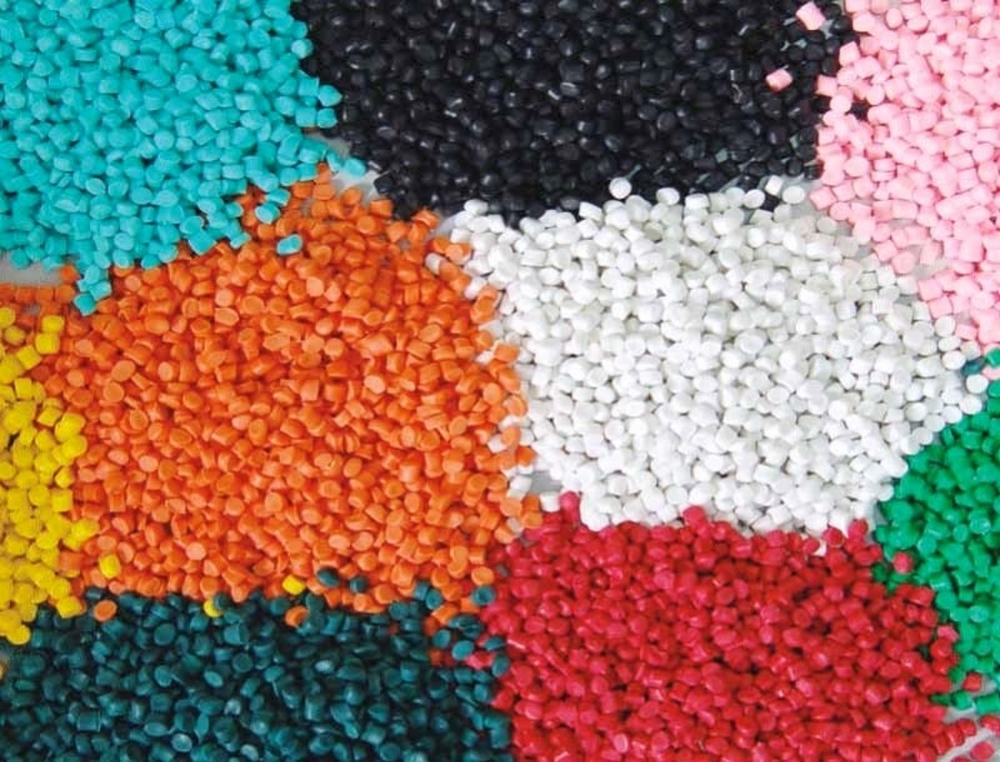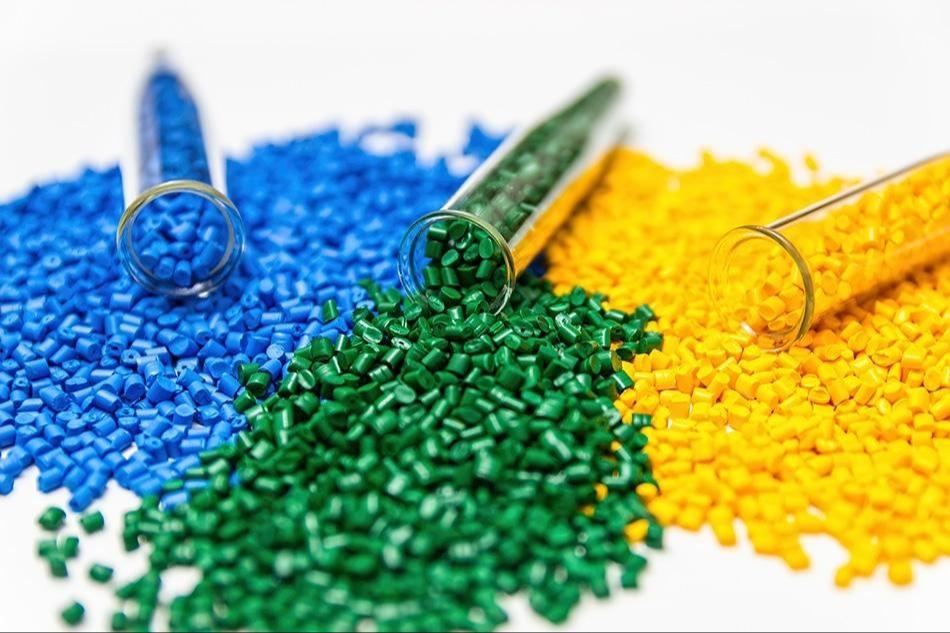Technical plastic masterbatch - What is Compound?
Technical plastic resins are produced from primary plastic, colorants, and additives in certain proportions to meet customers' production needs. With this product, manufacturers can use it directly in the process without adding any other additives. The product is especially convenient when you need to produce in large quantities and the product has little change.

Benefits of using technical plastic resins in production
Technical plastic resins provided by Dai A are produced on an advanced technological line, so it can meet most requirements and high technical standards. One of those standards is:
+ Low thermal expansion coefficient.
+ Conducts electricity.
+ High hardness.
+ High impact resistance.
+ Good dimensional stability.
+ Raise the temperature of thermal deformation.
+ Improved scratch and scratch resistance.
+ Low moisture absorption.
+ Fireproof.

Composition of technical plastic granules
To achieve the above properties, engineering plastics will be mixed with additives and reinforcements as follows:
+ Talc mineral with high purity.
+ Barium Sulfate powder (BaSO4).
+ Clay with nano size.
+ Ceramic beads.
+ Glass beads/fibre.
+ Carbon black conducts electricity.
+ Flame retardant additives with or without halogen.
+ Different types of base plastics: POM, PBT, SAN, SAN, ABS, PC, HIPS, GPPS...
In what fields are technical plastic pellets used?
With the benefit of improving finished product quality, compounds are often applied in the following fields:
+ Industrial products: Gears, bearings, transmission belts, scroll wheels, plumbing connectors, handheld devices.
+ Electrical/electronic products: Computer components, OA office machine gears, household electrical components, camera components.
+ Civil products: Watches, zippers, baby car parts, bathroom components, window rails.
+ Car/motorcycle components: Exhaust valve, lock mold, gas tank cap, carburetor components, wiper components, electrical wiring board, gear combination.
+ Sports equipment: Bicycles, fitness equipment, marine vehicle components.
+ Applications in motorbikes, aerodynamic tools, machine components, components with high hardness and low shrinkage, industrial components that are impact resistant, low working temperature, smooth surface, industrial components that shrink low, industrial components with high durability and wear resistance.






